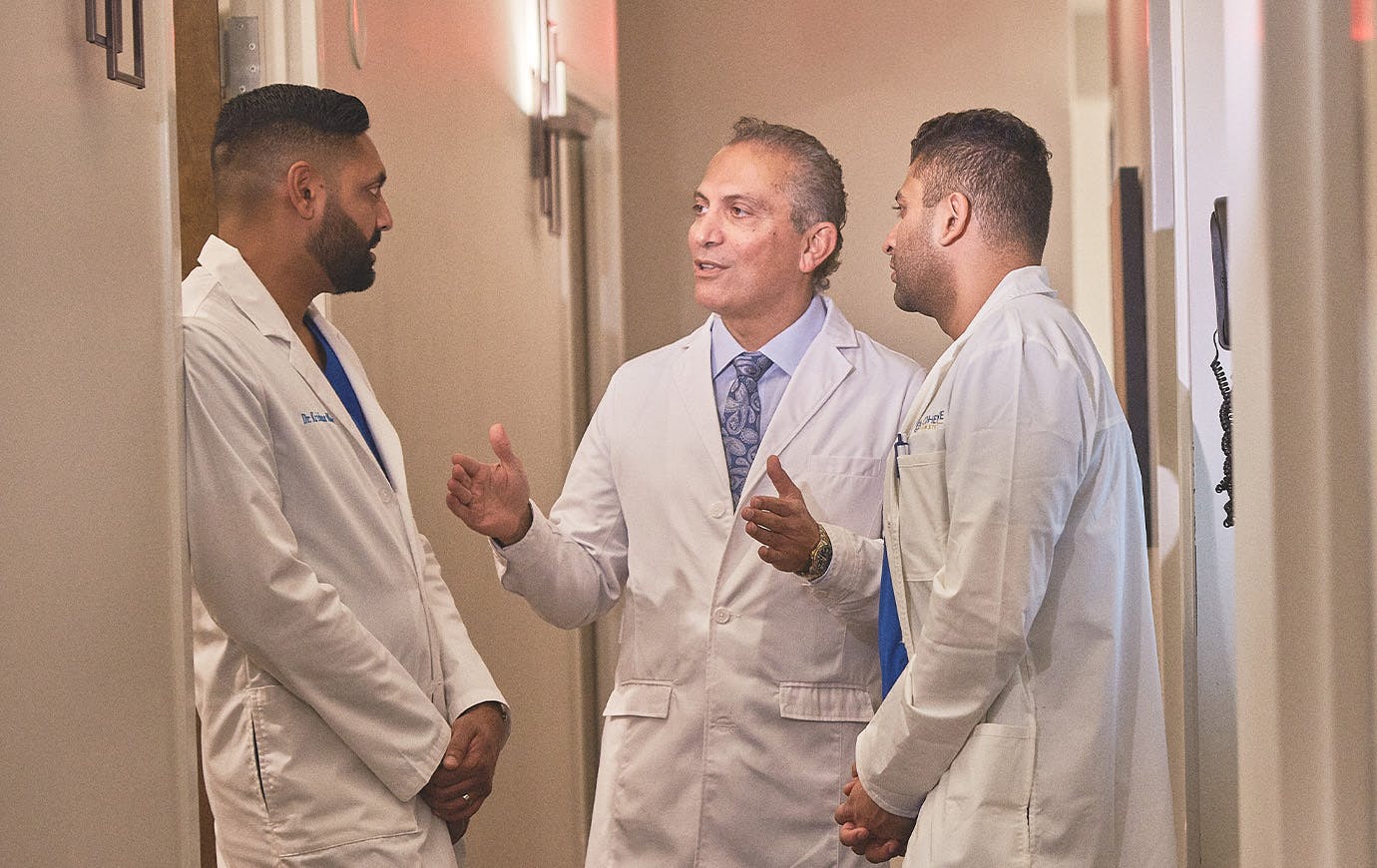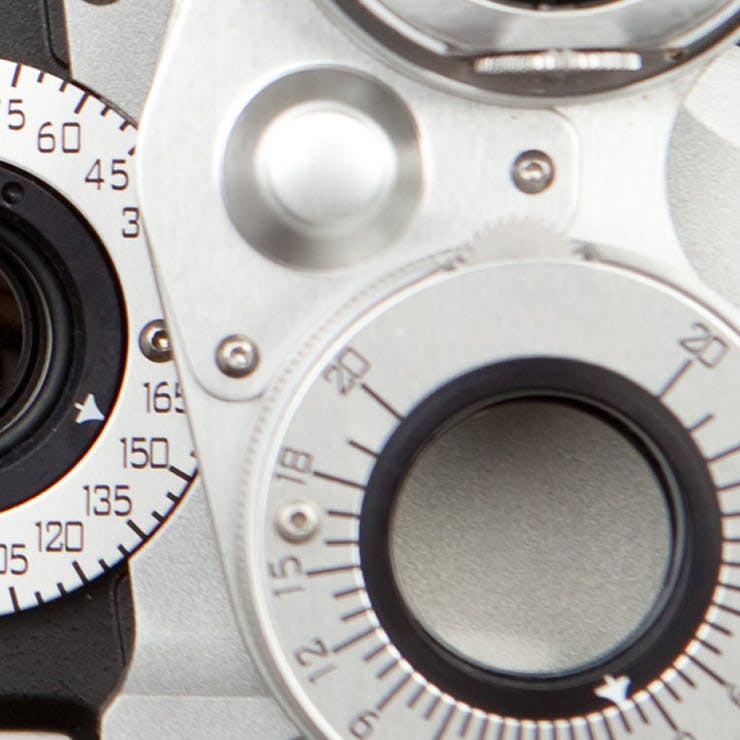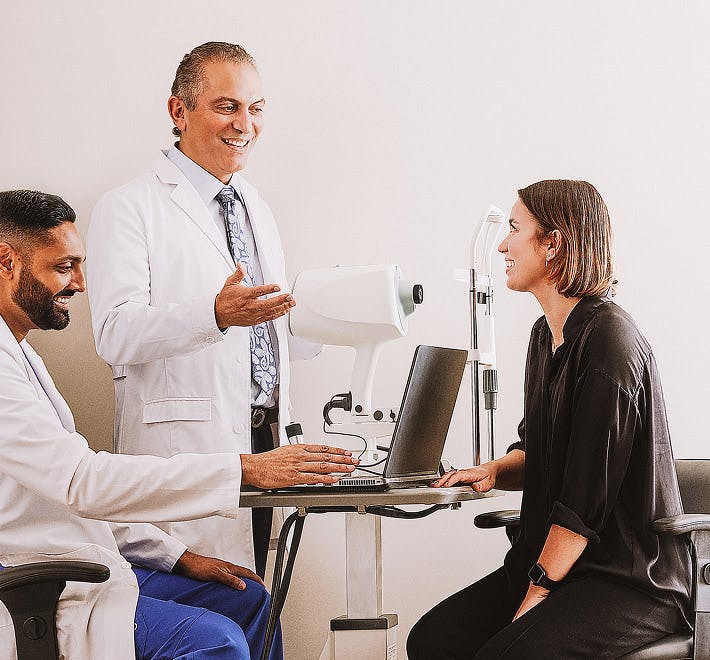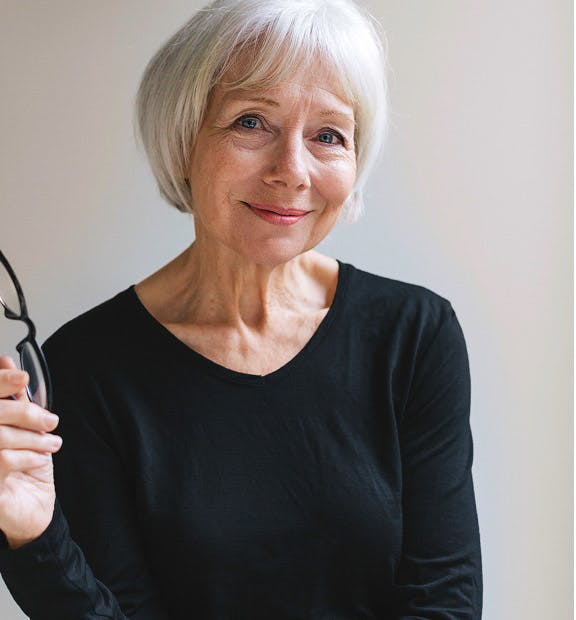Consider a modern solution for age-related vision changes, tailored to you.
Cohen Eye Institute World-Class Vision Correction
Led by world-renowned vision correction expert Dr. Ilan Cohen, our team takes a precision-based, personalized approach to every case. With over 80,000 successful surgeries, proprietary planning systems, and the trust of more than 1,000 physicians who’ve chosen him for their own eye care, Dr. Cohen offers unmatched expertise in both surgical and non-surgical presbyopia solutions.





